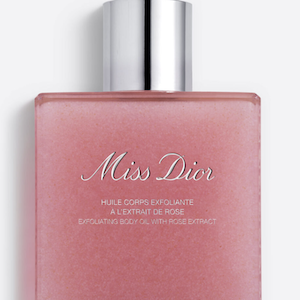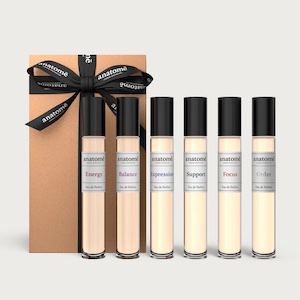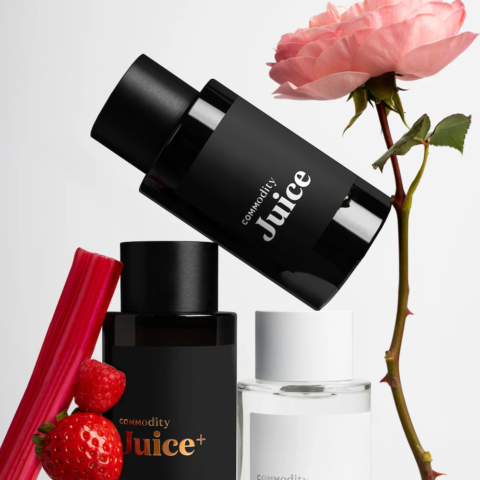The Code Of A Gentleman
By Fleur Chattillon
‘How do you feel when a man offers his seat to you on a train or holds a door open for you? Are you offended in this modern world where all are equal or do you consider him a gentleman? This well-worn term ‘gentleman’ has an interesting history and certainly had nothing to do with manners, to begin with, so what makes a gentleman? Find out all about it in The Code Of A Gentleman.
‘He is such a Gentleman’ might be something you hear people say to describe a man with polite manners, who is well turned out and may even smell good. Think of pulling back your chair before you sit down in a restaurant, or even tipping his hat as you pass him on the street.
But using this term to describe a man this way due to his behaviour was not always the case. The meaning of being a gentleman has changed over time he could easily be a ‘cad’ even if he was also a gentleman, but how?

Image by ArtsyBee
When you are speaking historically, the title of being a gentleman was not originally based on the action of a man, rather it was, a given, from his birthright. Therefore he could behave as badly as he wanted but would still be seen as a man of certain status.
During historic periods these ‘ gentlemen’ did not work to achieve wealth and status, or to earn the title instead it became more or less inherited through their family name, wealth and origin. It all started in English history, men with parents that were wealthy and had a good social standing would be considered to be gentlemen.

Image by ArtsyBee
Deriving from the Latin word gentilis and translated into English-Latin documents as generosus. In the Middle Ages, there was a basic social distinction between nobiles, which were mostly knights, esquires, barons and husbandmen and then the ignobiles, who were normal untitled citizens and workers.
Well until the early 19th century the term was still retained by a certain value or rank, but by 1900 under the influence of the political, social and economic changes of the Victorian era, the word had acquired a variety of usages and meanings.
On the one hand, ‘Gentlemen’ could be a mere synonym for men, used in public places and occasions to distinguish male persons from females. But at this point, Gentlemen still needed some sort of income derived from sources other than manual labour or retail trade.

Image by J-Sebastien
It is very possible the change began to happen when these words came from Sir Richard Steele, a very famous Irish writer and man of politics at the time, who wrote in 1714
‘The appellation of Gentleman is never to be affixed to a man’s circumstances, but to his behaviour in them’’
Sir Richard Steele
From that moment on people start to pick up, that being a gentleman was not always linked to the way people dressed or looked, what family they came or what kind of job or money they had, it was way more than that.
It was a way of being polite, kind and interested in the people around you; a character trait that had to be earned, rather than a birthright.
According to many definitions online, in articles and films, there are endless ways to describe a Gentleman, but it always comes down to the manners, values, honour and politeness of a man.
Things such as men who are calm and considerate are the cornerstone for defining what it means to be a gentleman. The most common perception of a gentleman is a man who ensures that he is chivalrous. The term attaches itself to men who are courteous and treat others with respect.
The brand Givenchy took this to another level by using the word as the heart of their new perfume.

It became part of Givenchy’s history when it created the original famous fragrance in 1975. But as time went by the world changed and so did the term and meaning of gentleman. Today, Givenchy imagines real gentlemen gathered together in a contemporary and disruptive ‘Gentleman Society’. A community mirroring multifaceted masculinity, resolutely forward-thinking. And so we welcome to our bathroom-shelved Gentleman Society EDP.


A unifying fragrance, unlike any other. Givenchy opens the Gentleman Society doors to anyone who identifies with this mindset. Sculptural, edgy, sophisticated. ‘The Gentleman Society’ bottle is at once a powerful and refined perfume.
To them a gentleman and members of their society have values, respect, open-mindedness, caring towards others and elegance. So it is pretty similar to the way we think of gentlemen in general.
Besides the fact that they add in, they also want members of their society to be true to who they are and to their commitments. Regardless of their origin, their story. They share social skills and an off-the-beaten-track attitude.
The fragrance has floral woody aromatics with an intriguing, distinctive trail. The main ingredients are fresh Juniper berries from Croatia, with Cardamom from Guatemala, and a hint of Clary Sage, grown in Europe, which adds Herbaceous aromatic facets to this striking accord.

Top notes break down to Cardamom and Sage, with a centre of French Narcissus, Haitian Vetiver and Madagascar Vetiver finishing off with Vanilla, Palo Santo and Cedar. Aromatic warm and spicy.
Rich, high ranked and from a good family is how we saw gentlemen from the beginning of time. These terms evolved into chivalrous, polite and honourable. And despite how a gentleman behaves, it still matters how he presents himself. If a gentleman is doing you a good deed the least he can do is smell good while doing it. Because the way someone smells can intertwine with the way they act and how you remember them. A scent stays with you just like a gesture of a gentleman.
Buy Givenchy’s Gentleman Society fragrance here
If you enjoyed reading The Code Of A Gentleman why not read Salt Is Everything
.Cent London, Be inspired; Get involved.





